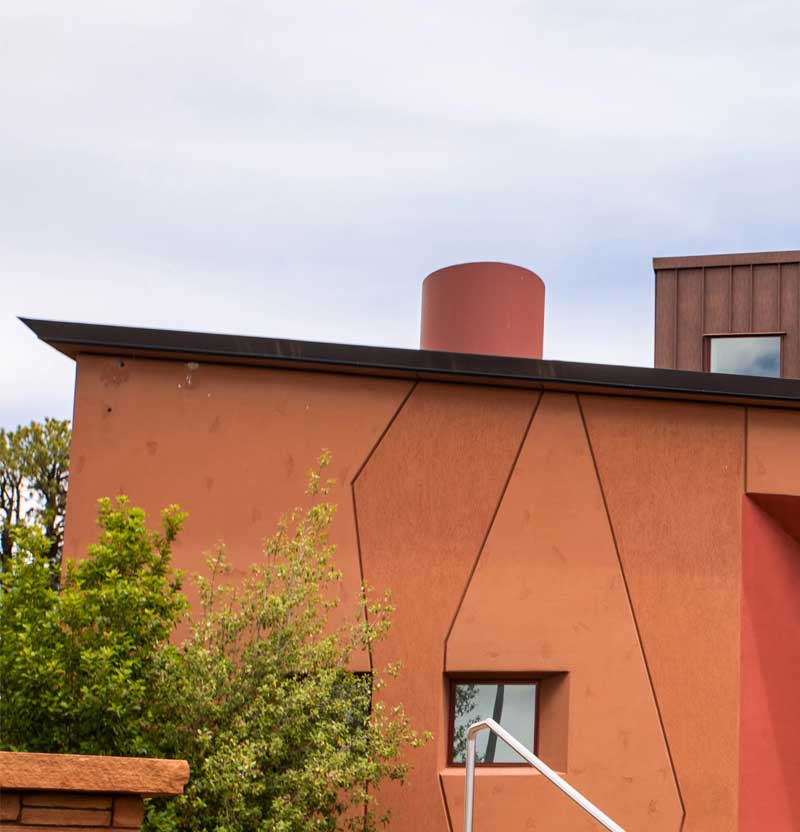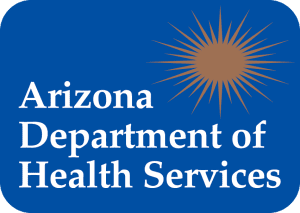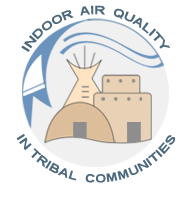
IAQ: Indoor Asthma Triggers
The Arizona American Indian Asthma Coalition Partners
Arizona Asthma Coalition
An Arizona Asthma Coalition was formed in 1997 to address the growing and serious concerns related to asthma. In Arizona, lifetime asthma prevalence has increased from 11 percent in 2000 to 15.5 percent in 2009. Through advocacy, awareness and education, the Arizona Asthma Coalition serves as a catalyst to reduce the burden of asthma in the state. The Coalition includes 200 stakeholders and we invite American Indian communities to join with us in our work to improve the quality of life for all Arizonans living with asthma.
For more information about the Arizona Asthma Coalition and to access asthma resources, go to www.azasthma.org.
 Arizona Department of Health Services
Arizona Department of Health Services
The Arizona Department of Health Services is the public health agency of the Arizona State Government. Services provided are categorized into three main areas which are:
1) Public Health Services which manages programs to prepare the state to respond to public health emergencies and to enhance the overall health of individuals and communities.
2) Behavioral Health Services which manages the state’s Medicaid manage care behavioral health service delivery system which includes management of the state mental health hospital, and 3) Licensing Services which licenses and regulates the majority of medical and day care facilities operating in the state.
For detailed information on the department visit www.azdhs.gov and for detailed information on the department’s Native American activities visit https://www.azdhs.gov/policy-intergovernmental-affairs/tribal-liaison/index.php.
 Indoor Air Quality in Tribal Communities
Indoor Air Quality in Tribal Communities
The goal of the Indoor Air Quality in Tribal Communities (IAQTC) project is to assist tribal communities to reduce the environmental health risks posed by contaminants in indoor environments. Indoor environments can also be an important factor in controlling asthma symptoms. Many indoor air pollutants are also asthma triggers.
For more information visit Indoor Air Quality in Tribal Communities.
CONNECT WITH US
Christal Black
Assistant Manager
Christal.Black@nau.edu
Your tax deductible donation supports ITEP’s programming efforts.
Please contact us if you would like to contribute to our endowment or for any additional information regarding donations.

